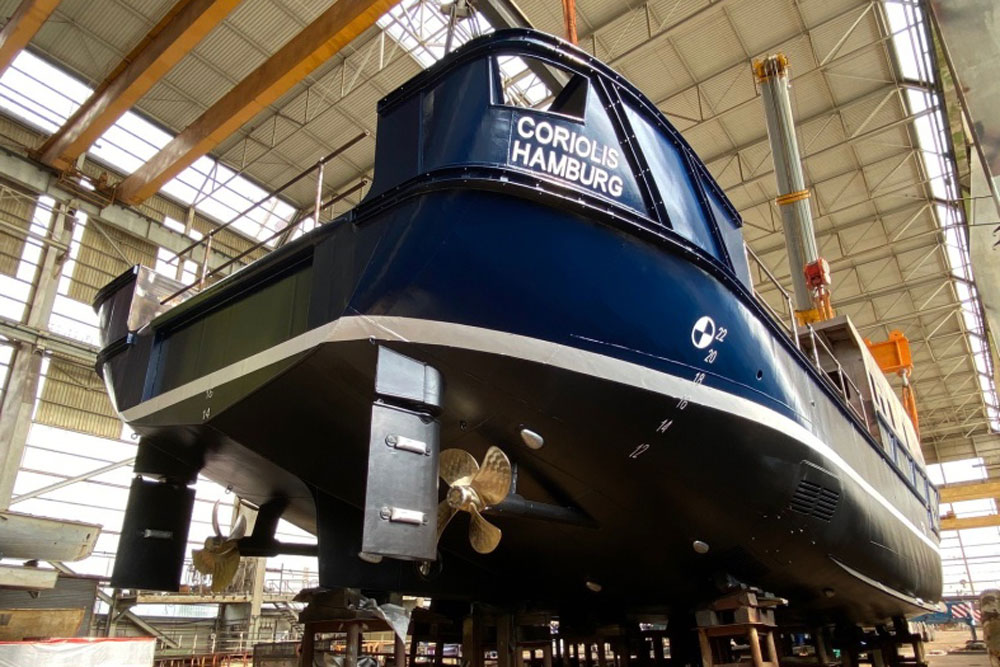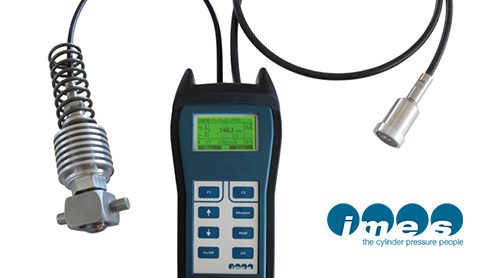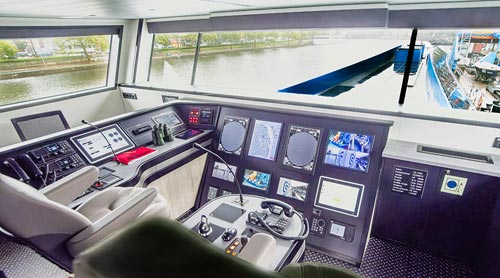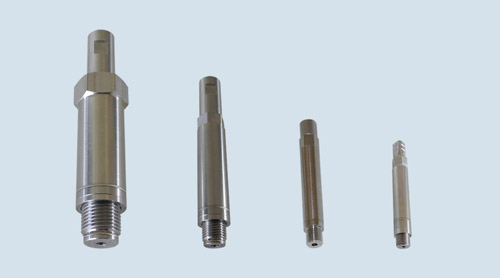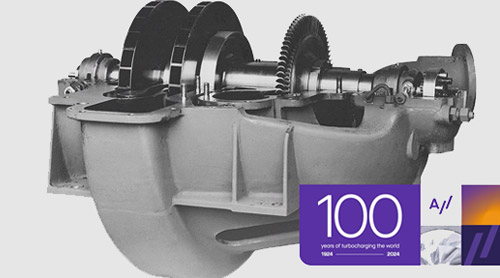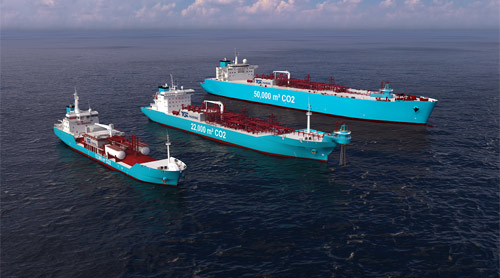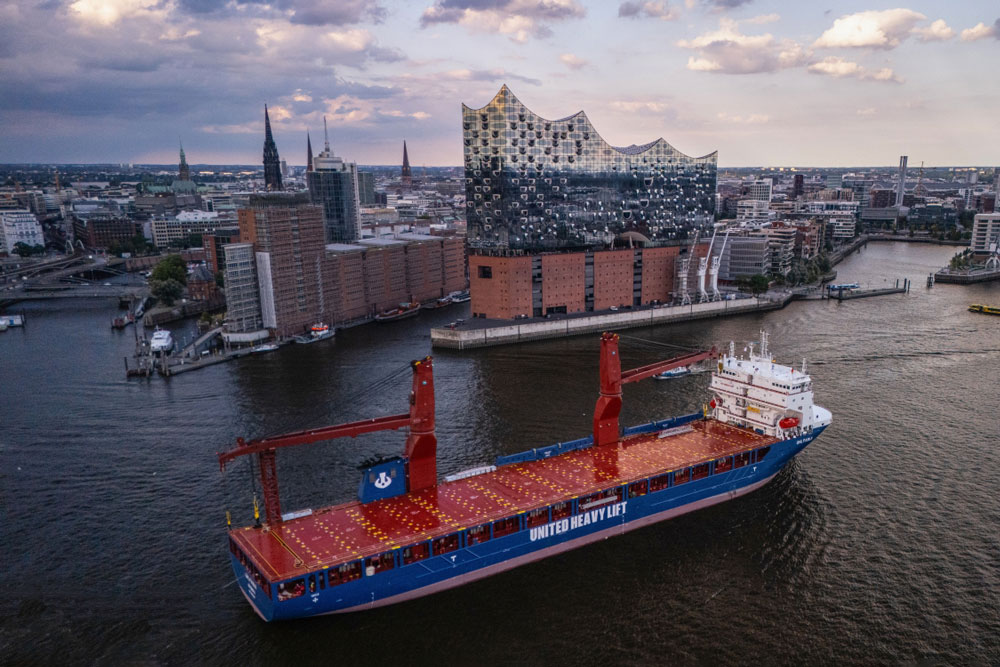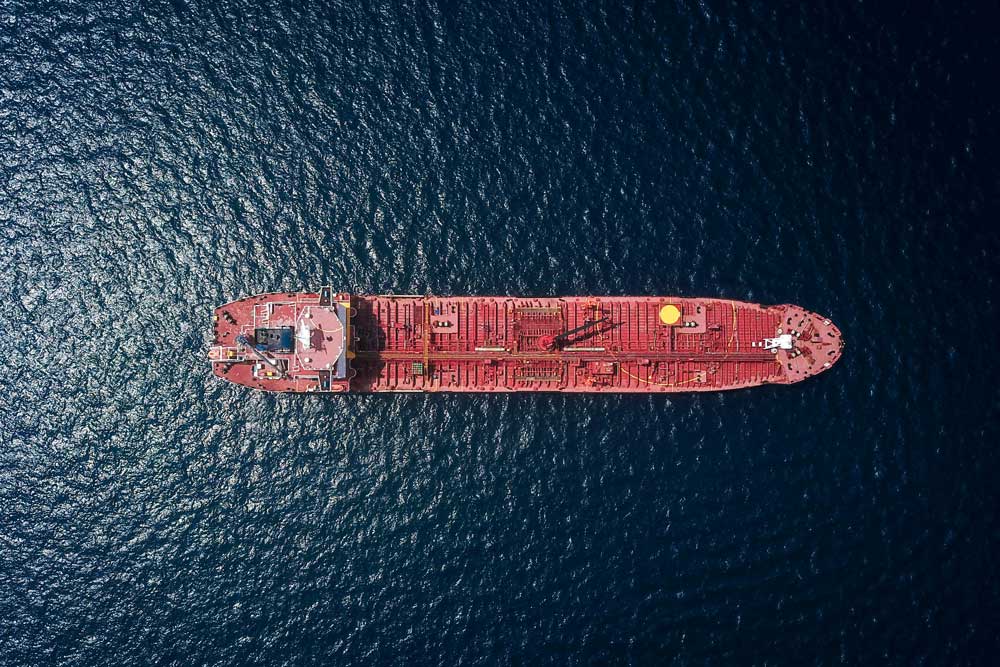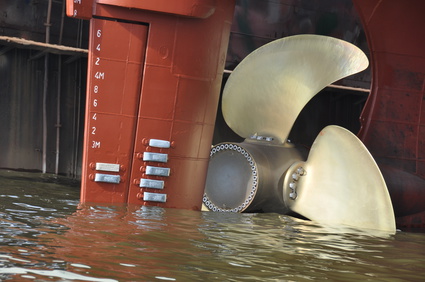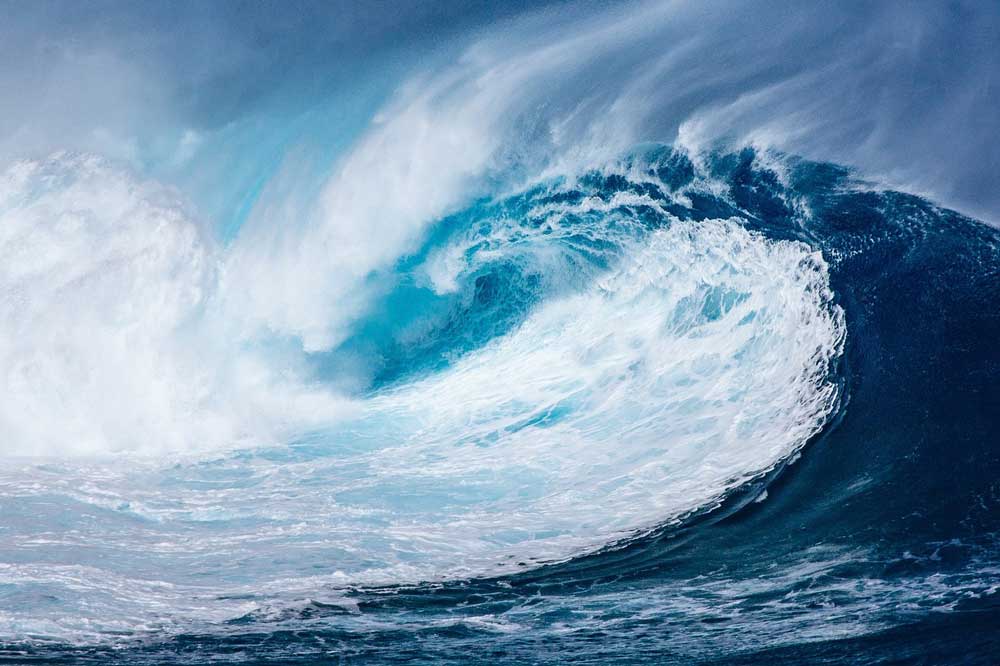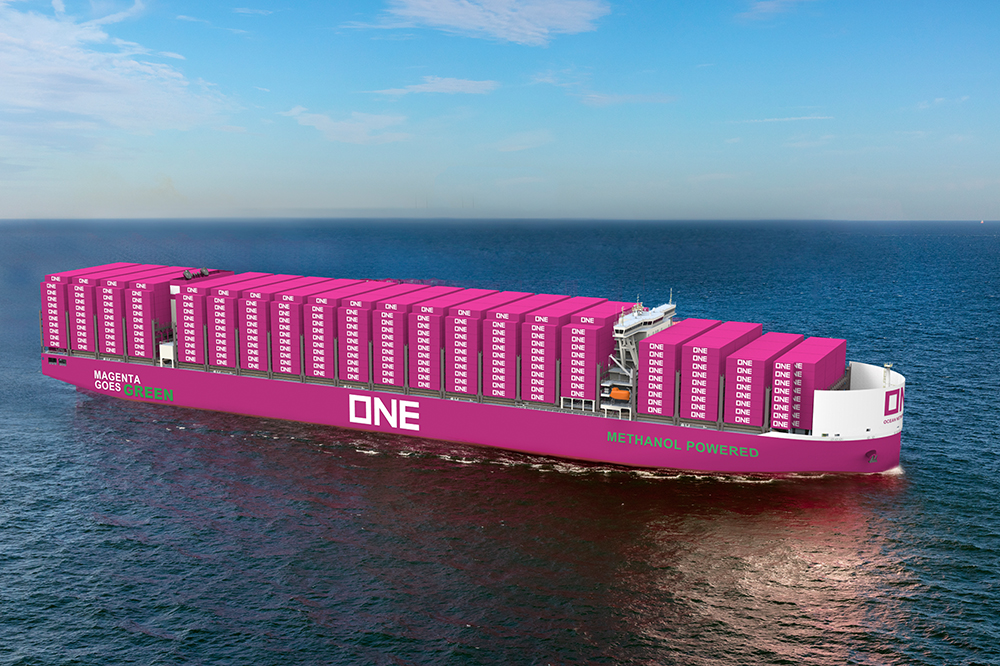The “Coriolis”, the future research vessel of the Helmholtz-Zentrum Hereon, will be equipped with a federally funded hydrogen plant to generate electricity.
The funding notification for €560,000 has now been sent by the project sponsor, the Federal Agency for Administrative Services. The money comes from the funding pot for the German government’s mobility and fuel strategy (MKS). [ds_preview]
The project, which costs a total of €1.4 million, focuses on the procurement of the fuel cell, the bunker station, the metal hydride tank and the control and regulation of the hydrogen storage system.
Hydrogen is stored in metal hydride tanks
The metal hydride tank for hydrogen storage was developed by Hereon and researched at its Institute for Hydrogen Technology. The safe and compact design has the advantage that hydrogen can be stored at moderate pressure (50 bar) and temperature conditions (operating temperatures in the tank -30 to a good 50° C), according to a statement from Hereon. In addition, it is chemically bound in the tank, which prevents an explosive release in the event of a tank accident.
According to the information provided, the on-board power system will supply the “Coriolis” with power both during laytime and during measurement campaigns in the North and Baltic Seas. In addition, the electric position-steering propeller at the stern and the bow thruster could also draw energy for short periods.
“Coriolis” costs €18 million
For research purposes, a 45 kW diesel generator will also be combined with a membrane module developed by Hereon. This allows harmful NOx emissions to be virtually eliminated. The drive concept has a redundant design. The fuel cell, battery and generators can therefore be combined with each other. Electric traction motors provide the propulsion on the “Coriolis”.
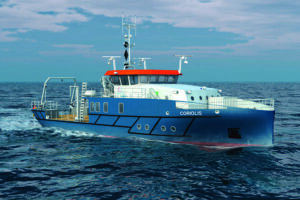
The research vessel, which is currently being built at the Hitzler shipyard in Lauenburg, is to be used on the North Sea and Baltic Sea as well as on the rivers Ems, Weser and Elbe in the future. The results of the later operation will be used to optimize the hydrogen systems and simplify the retrofitting of other sea and inland vessels.
The total costs for the “Coriolis” amount to €18 million and will be borne by the federal government. The christening is scheduled to take place this year.
Key data for the “Coriolis
- Length/width/draft: 29.90 m / 8.00 m / 1.6 m
- Crew/ scientists: 2 (+1) / 12
- Laboratory area/ working deck area: 47 m²/ 70 m²
- Operating range: coastal cruising International 100 nm
- Speed: max. 12 kn
- Engine power: 750 kW
- Operating days/year: approx. 225
- Fuel cell: 100 kW
- Metal hydride tank/hydrogen storage: 5 t (30 kg)
On a publicly accessible dashboard, which was developed in close cooperation with the Helmholtz Coastal Data Center (HCDC), it will in future be possible to follow live data on the propulsion system – in addition to meteorological data, the ship’s position and speed – including, for example, the charge status of the batteries, the speed of the propellers and even the flow of hydrogen into the fuel cell. In order to guarantee error-free operation, the dashboard is still being tested on the predecessor ship “Ludwig Prandtl” and can already be called up live.
